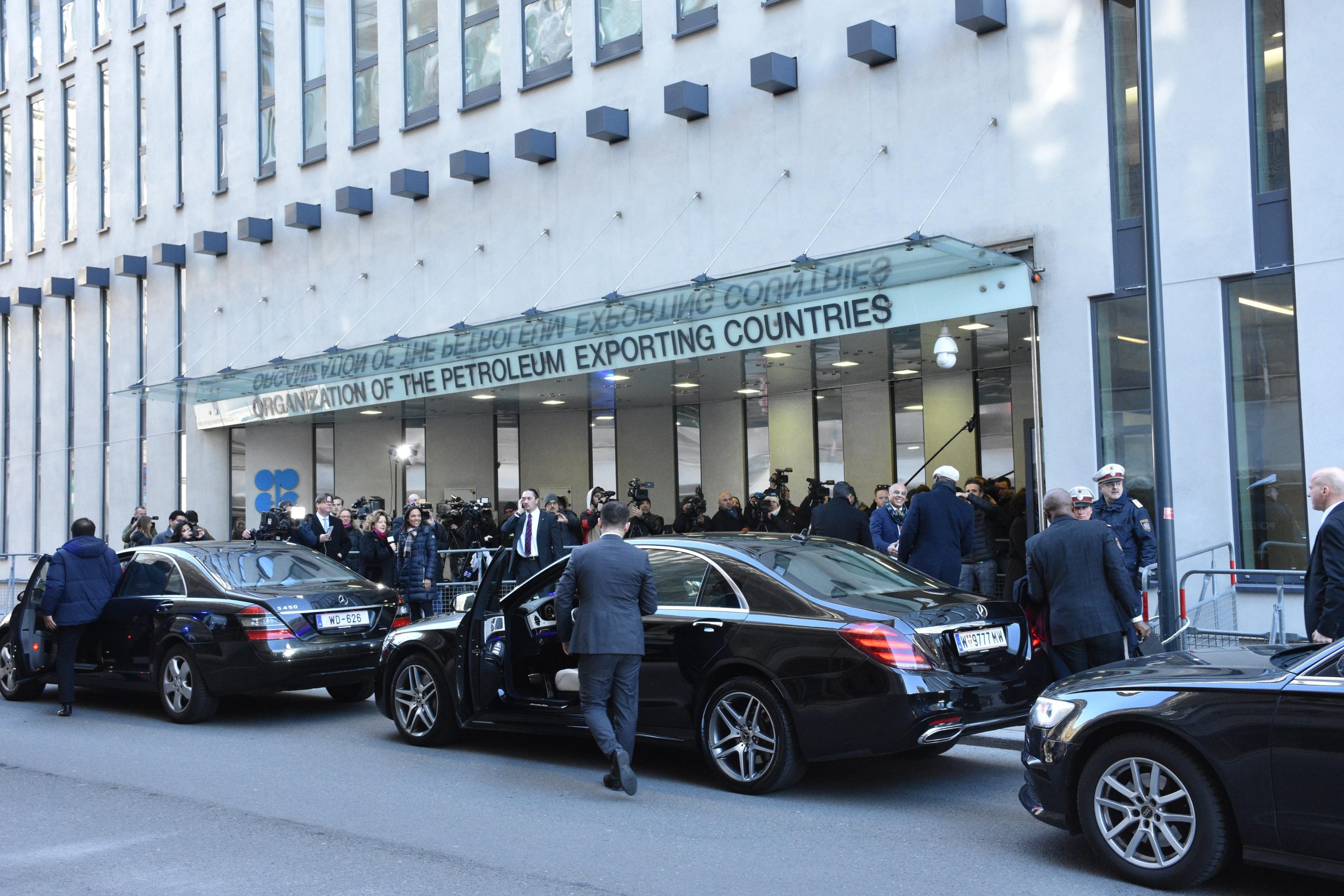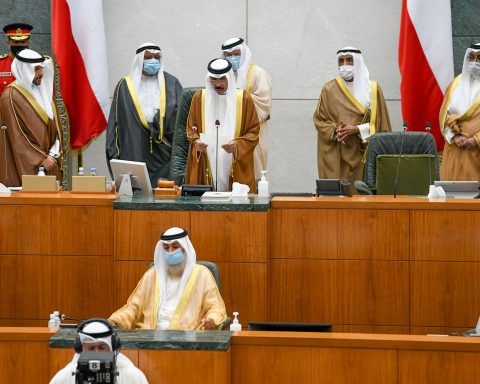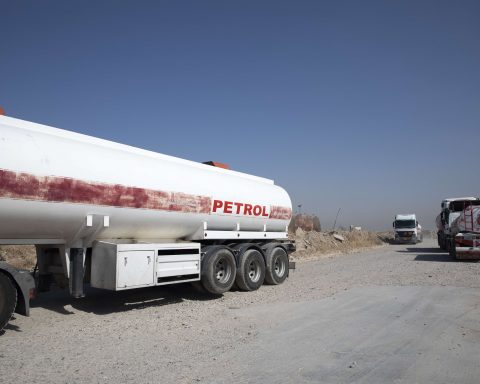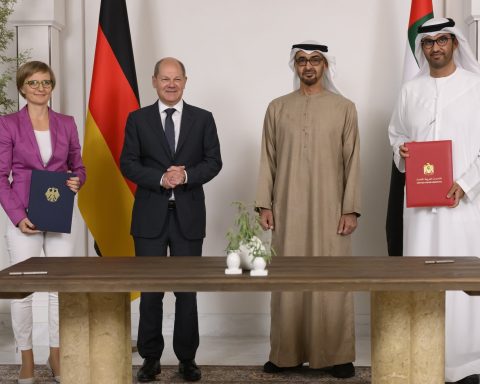On Thursday, the United Arab Emirates (UAE) effectively blocked a deal of the Organization of Petroleum Exporting Countries, known as OPEC+, reached by major producers Saudi Arabia and Russia to relax oil restrictions. The UAE rejected the deal and pushed talks into a second day of discussions, according to a Bloomberg article.
From August through December, OPEC+ has reached a deal in principle to increase output by 400,000 barrels per day each month. It would also have prolonged the term of the wider OPEC+ agreement, making the final expiry of the cuts in December 2022 rather than April 2022. However, the deal was opposed by the UAE. It has also warned that it will reject the pact until the baseline for its own reduction is modified, thereby boosting its output limit, according to delegates. As a result, oil prices have soared.
The UAE’s reductions are calculated from a starting point in 2018, with a maximum capacity of 3.2 million barrels per day. Expansion projects have subsequently boosted that figure, and the nation now wants to reset its baseline to around 3.8 million barrels per day. In this sense, a higher baseline means a lower actual cut.
It’s not the first time the UAE’s aspirations have upset the negotiations. As it pushed to increase output late last year, Abu Dhabi even broached the prospect of quitting the organization. An OPEC meeting was also postponed at the time due to tense talks, however, an agreement was eventually reached. The UAE has made significant investments in oil capacity and wants to be able to put it to use.
In response to the COVID-19 pandemic’s destruction of oil demand, OPEC+ decided last year to cut output by about 10 million barrels per day starting in May 2020, with plans to phase down the cuts by the end of April 2022.














